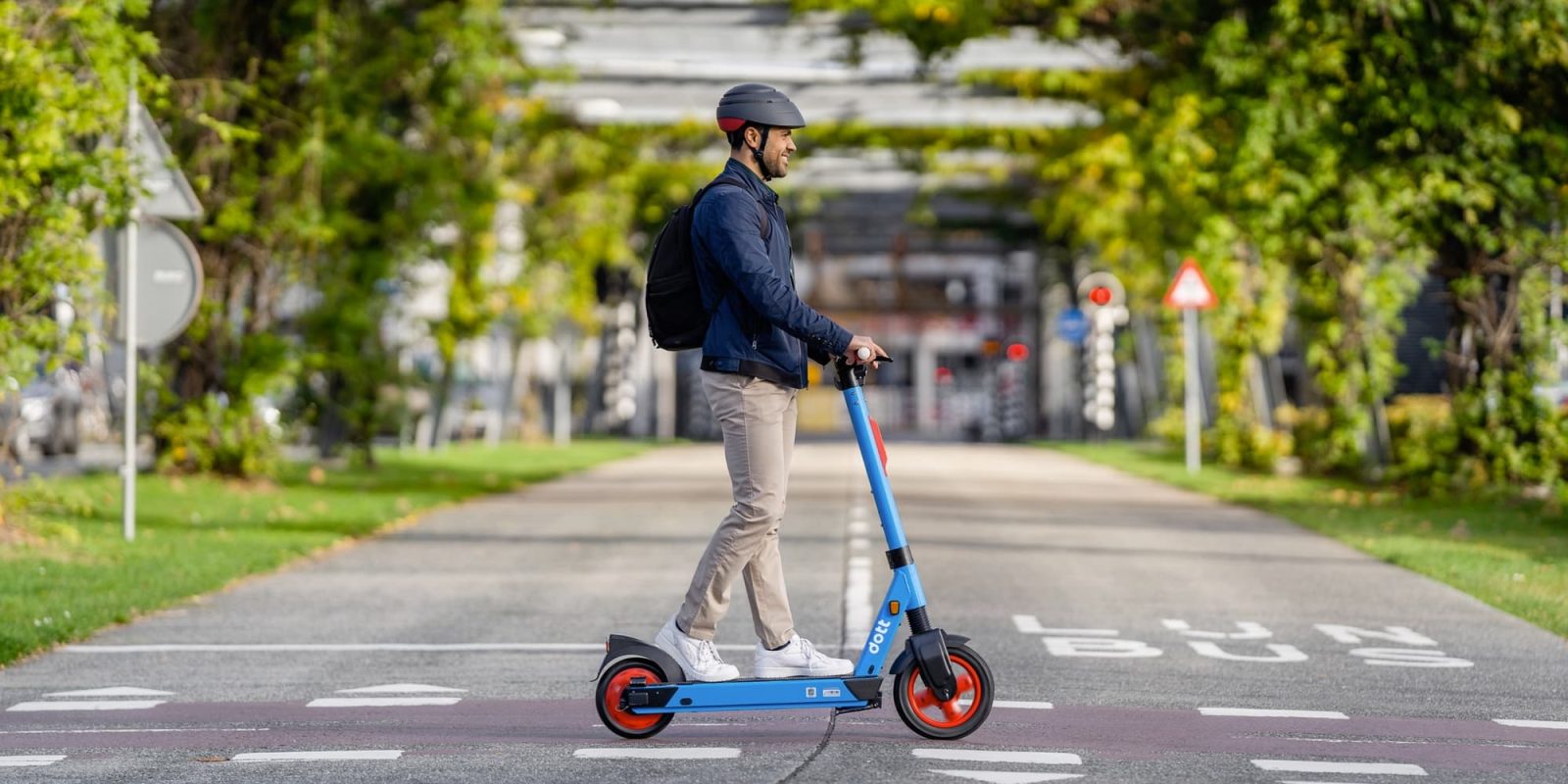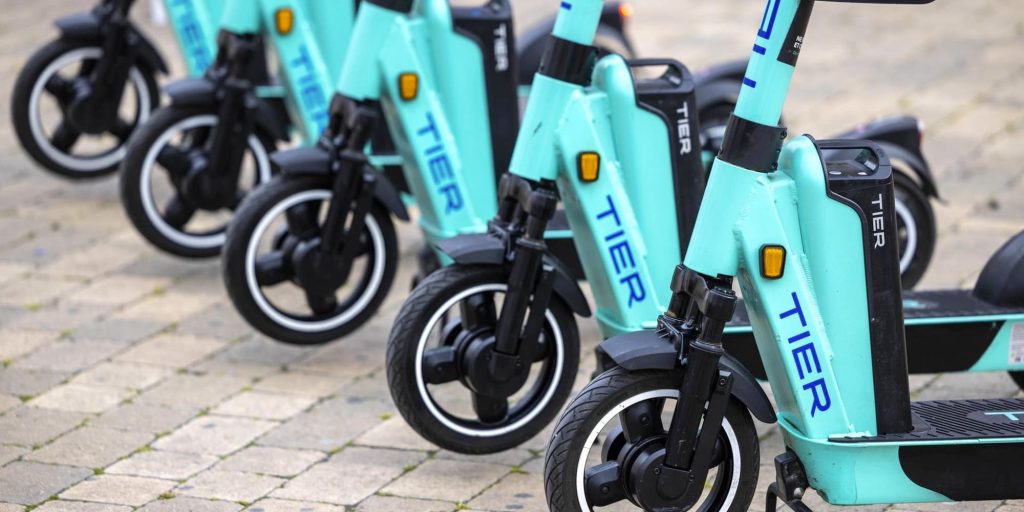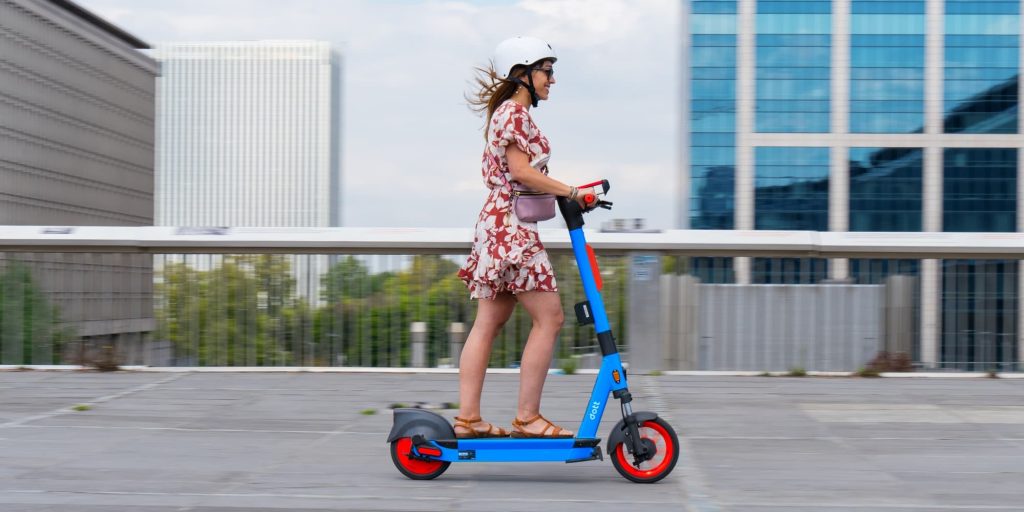
Paris raised eyebrows earlier this year when the city voted to ban shared electric scooters. While privately owned electric scooters were still allowed, the thousands of shared electric scooters that were commonly used by locals and tourists were forced to vacate the city, with unexpected results.
The idea for a shared electric scooter ban was originally floated late last year in response to the growing complaints by a vocal minority of citizens who objected to their widespread use around the city. Earlier this year, the referendum went up for a vote. Ultimately, the majority of voters on the day supported the proposed ban, though extremely low turnout meant that the measure passed despite garnering ‘yes’ votes from just 7% of registered voters in Paris.
Shared electric scooters were often seen as a way for commuters to avoid driving cars and for tourists to eschew rental vehicles in favor of smaller shared e-scooters. Because the scooters weren’t privately owned, they were ideal for both groups as an on-demand transportation solution.
At their peak, 15,000 electric scooters helped riders navigate the capital city.

While many predicted that a shared electric scooter ban could have a knee-jerk reaction to return to larger vehicles, a new study has shown that the effect may have bolstered dockless bike-sharing instead.
An interesting trend has emerged comparing September 2022 and October 2022 ridership levels of dockless bikes and scooters. The total number of rides has slightly decreased this year due to the expulsion of shared electric scooter companies. However, the number of dockless bike rides skyrocketed, more than doubling in just one year.
September 2022’s roughly 750,000 dockless bike trips became nearly 2 million trips in September 2023. Similarly, October 2022 saw a nearly identical jump in ridership.
The results seem to show that despite Paris banning shared electric scooters, Parisians still seek out and use shared mobility devices. Now, they appear to have merely shifted to shared bikes instead of shared scooters.

Less than a year after the shared electric scooter ban was enacted, a modal shift towards alternative shared mobility is clearly visible in the city.
Shared electric scooters are out, but shared micromobility seems to be going strong.
Whether Parisians will take a similarly hardline approach against a new growing ridership of dockless mobility devices has yet to be seen, but could also determine the fate of dockless bikes in the city.
